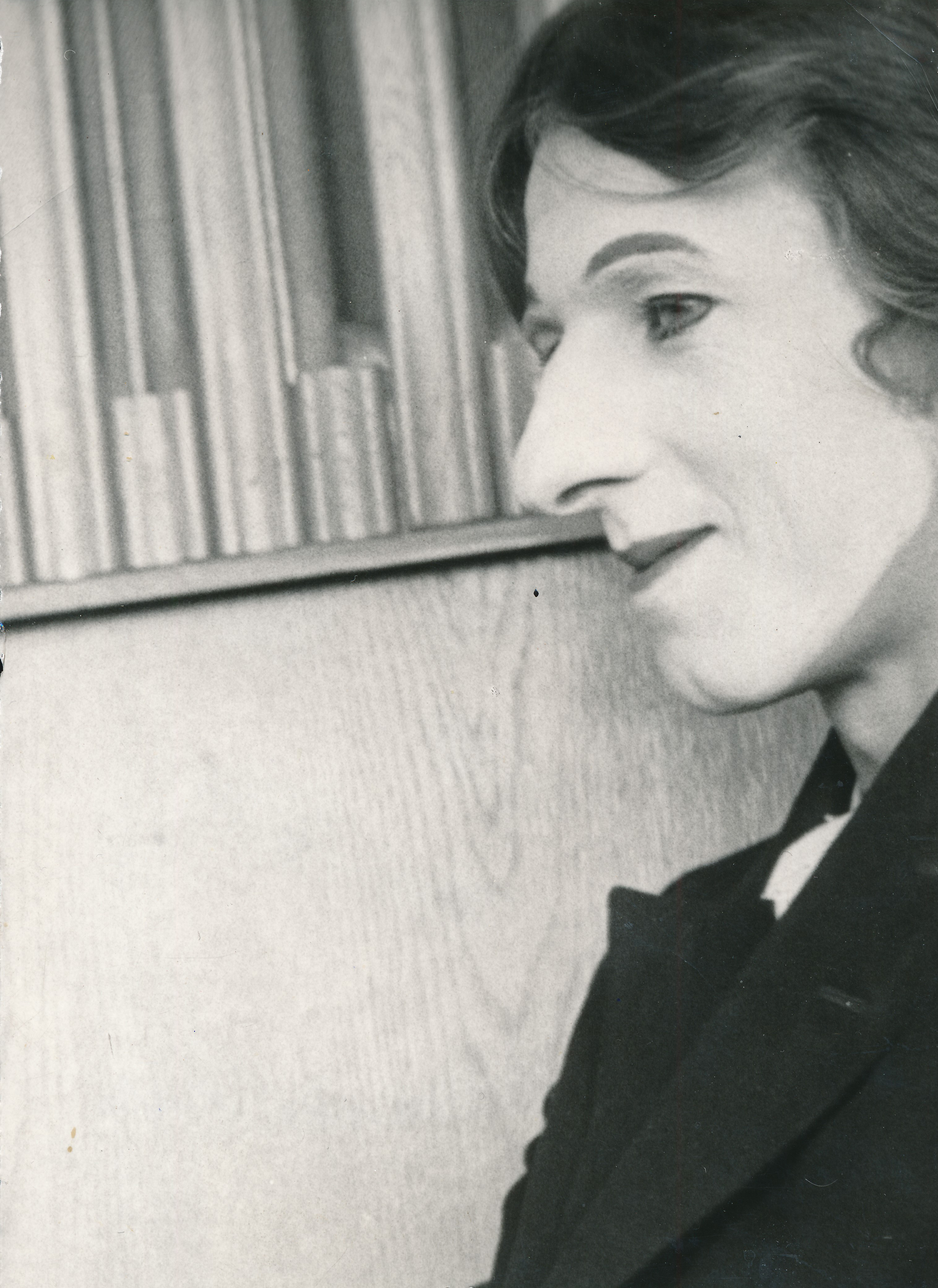To this day, I still think they bugged our apartment

Download image
Richard Rýda was born on September 28, 1940 in Hradec Králové. His father Richard Rýda Sr. was originally a tailor by trade, but during the economic crisis in the 1930s he joined the army. His mother Božena Rýdová trained as a cook. In the 1950s she worked as a manager in the Chronos - clocks and jewellery shop. Her father served in the government army during the Second World War, from where he deserted. He made his way to Tobruk via Yugoslavia and returned to Czechoslovakia with the U.S. Army in 1945. After the war, he was reassigned as a staff captain to Moravská Třebová, where the family obtained a service apartment. His parents divorced in 1952. Richard Rýda graduated from grammar school in 1957 and subsequently studied Czech language and history at the Faculty of Arts at the University of Economics in Brno. He graduated in 1962. During his studies he was already involved in theatre, first at the gymnasium and later in Jiřina Ryšánková’s amateur pantomime group from JAMU. He did his military service as a Czech teacher at the military school in Nové Město nad Váhom and in Hradec Králové with a combat unit. In the mid-1960s, he got a job at the Reduta in Brno. In 1967 he moved to Prague and began working with Boris Hybner and Ctibor Turba in the newly founded Alfred Jarry’s Pantomime Ensemble. After parting ways with Hybner in the first half of the 1970s, he went freelance and performed, among other things, in a composed programme of Zdeněk Merta’s Cardinals. In 1977, under pressure, he signed the so-called Antichart. In 1985, the State Security contacted him and tried to get him to cooperate, specifically to follow his neighbour Andrej Stankovič, a signatory of Charter 77. The witness refused to cooperate, and after several meetings his file of the candidate for secret cooperation was finally deposited in the archives. Together with Rudolf Papežík, he led the pantomime group Nonsens, which was active between 1980 and 1992. During the normalisation period he performed pantomime in the West, but also in the Soviet Union and in African countries. After 1989, he continued his artistic activity, among others in puppet and musical theatre. With Milena Holečková, he prepared interactive programmes for children, which they performed throughout the country. He was married twice. In 2025 he lived in Prague.



